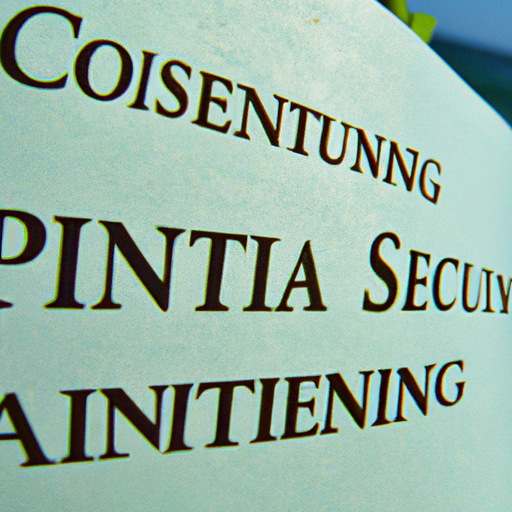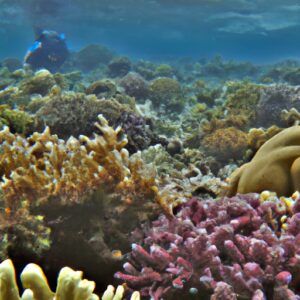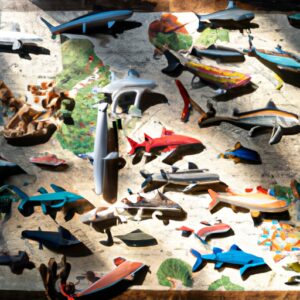
The Importance of Sustainable Fishing Practices for Marine Conservation
Introduction
Hey, my fellow ocean lovers! As someone who grew up near the coast, I know firsthand the joy and beauty that the ocean brings us. It’s a magical place that provides us with not only some incredible views, but also an array of delicious seafood options. However, it’s become clear that we need to take better care of our oceans, and that starts with sustainable fishing practices.
What is Sustainable Fishing?
Sustainable fishing is the act of catching fish and seafood in a way that ensures the long-term health and vitality of the species and their habitats. This means using methods that minimize bycatch (catching unwanted fish or marine animals) and avoiding overfishing, which can lead to a potential collapse of certain species.
The Importance of Sustainable Fishing
The benefits of sustainable fishing are numerous! Not only does it help to protect marine ecosystems, it also supports the livelihoods of millions of people around the world who depend on the fishing industry. By ensuring that fish populations remain healthy, we can continue to enjoy the seafood that we love for years to come.
Alternatives to Unsustainable Fishing Practices
There are several alternatives to unsustainable fishing practices, including:
– Aquaculture: the farming of fish in a controlled environment can be a more sustainable option than wild-caught fish, as it reduces the pressure on wild fish populations.
– Selective Fishing Gear: the use of gear such as hooks and lines can be a more selective way of fishing, targeting only specific species and reducing bycatch.
– Fishing Quotas: setting limits on the amount of fish that can be caught can help to prevent overfishing and ensure that populations remain healthy.
What Can You Do?
As consumers, we have a responsibility to make informed choices when it comes to the seafood that we eat. Some easy ways to support sustainable fishing include:
– Choosing seafood that is certified by organizations such as the Marine Stewardship Council or the Aquaculture Stewardship Council.
– Avoiding seafood that is listed as overfished or caught using unsustainable methods.
– Supporting local fishermen who use sustainable fishing practices rather than buying from mass-produced seafood suppliers.
Conclusion
In conclusion, sustainable fishing practices are essential for marine conservation and the health of our oceans. We all have a role to play in supporting sustainable fishing, both as consumers and as members of our communities. By making small changes to our daily habits, we can help to protect our oceans and ensure that future generations can continue to appreciate their beauty and bounty. So, let’s make a splash and start fishing sustainably today!





